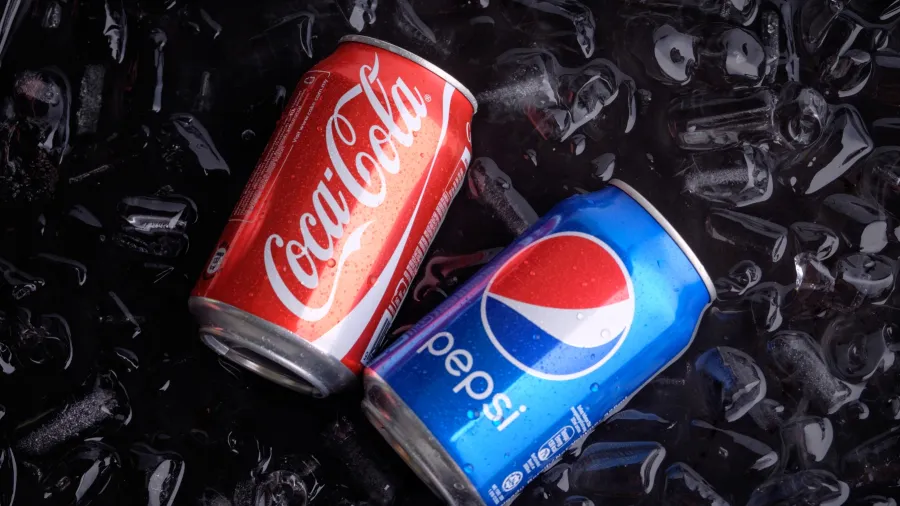
What’s next in the cola wars?
The focus is now on e-commerce as a key growth channel.
The cola rivalry between Coca-Cola and Pepsi is evolving as both companies face new challenges from digitisation and shifting consumer preferences, according to Euromonitor International.
With traditional cola sales declining due to health trends and inflation, the focus is now on e-commerce as a key growth channel.
Whilst global off-trade value sales of cola carbonates are projected to grow by 4% in 2024, following a robust 10% growth in 2023, volume sales are declining in several mature markets, signaling a potential slowdown in value growth.
E-commerce has emerged as a critical sales channel for cola brands, capturing over half of global carbonates sales. According to Euromonitor International, online sales of cola carbonates experienced an impressive 28% growth across major markets in 2023, as consumers increasingly rely on digital platforms for purchasing decisions.
“Varying levels of digitisation and e-commerce infrastructure across countries necessitate adopting unique go-to-market e-commerce strategies and working with different business models to offer a unified brand experience,” the report said.
The report said that Coca-Cola and Pepsi are adjusting their distribution methods to cater to online shopping habits, emphasising convenience through bulk purchases and subscriptions.
Both companies are also investing heavily in on-demand delivery and direct-to-consumer (DTC) platforms to remain competitive.
For example, in 2023, Coca-Cola has taken stakes in delivery platform Zomato and food delivery start-up Thrive in India, whilst Pepsi has invested $175m in Instacart, the US’s biggest third-party grocery delivery platform.
Moreover, e-commerce is also becoming a prime channel for exclusive product launches, with Coca-Cola’s Happy Tears Zero Sugar launched exclusively on TikTok.
As per Euromonitor, Coca-Cola appears to hold an advantage in the online cola wars, bolstered by strong brand loyalty and consumer trust, which are crucial for online sales success.
Whilst Pepsi is also enhancing its digital presence, Coca-Cola’s effective e-commerce strategy allows it to maximise its digital shelf space.
Both companies are also using consumer data to personalise shopping experiences and shifting their marketing focus toward digital channels and social media.
Coca-Cola has integrated AI for product innovation, while both brands explore Web 3.0 marketing strategies, including NFT launches and metaverse initiatives.
“As digitisation and emerging technologies take the cola wars into digital frontiers, cola brands must strive to win by capturing greater consumer loyalty and attention,” the report noted. “Providing more dynamic experiences that go beyond selling physical products is inevitable.”



















 Advertise
Advertise





